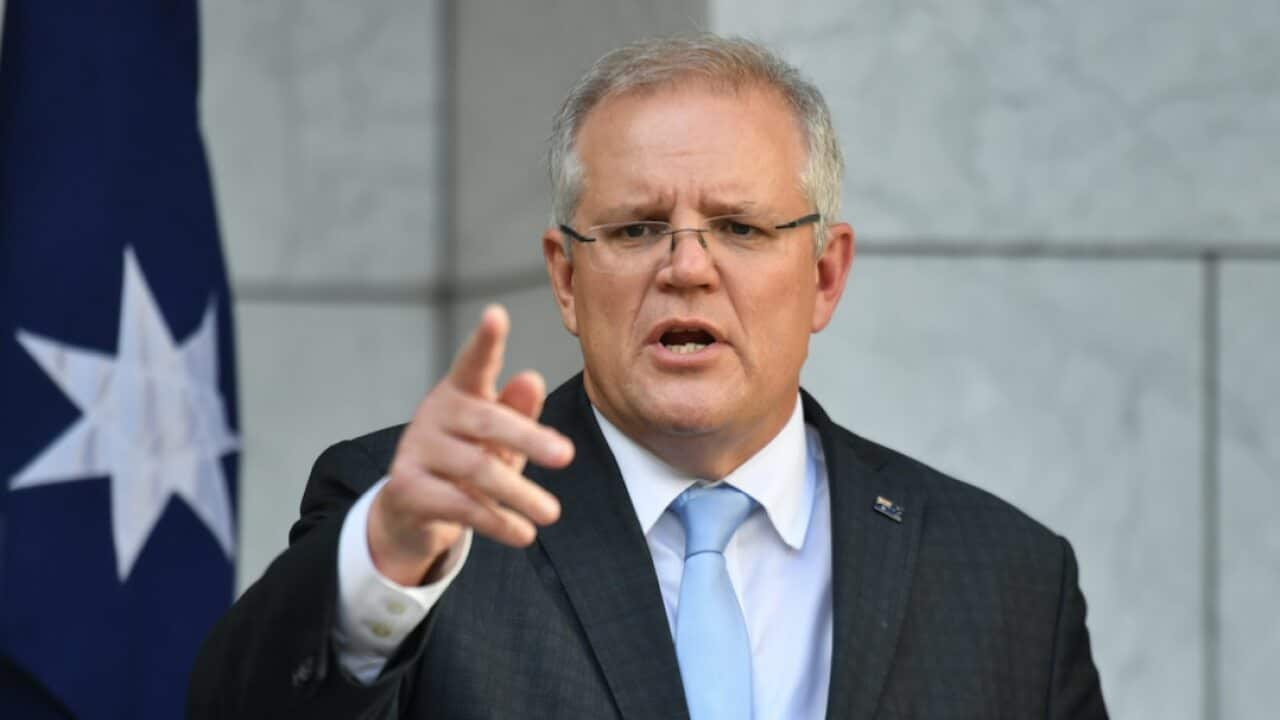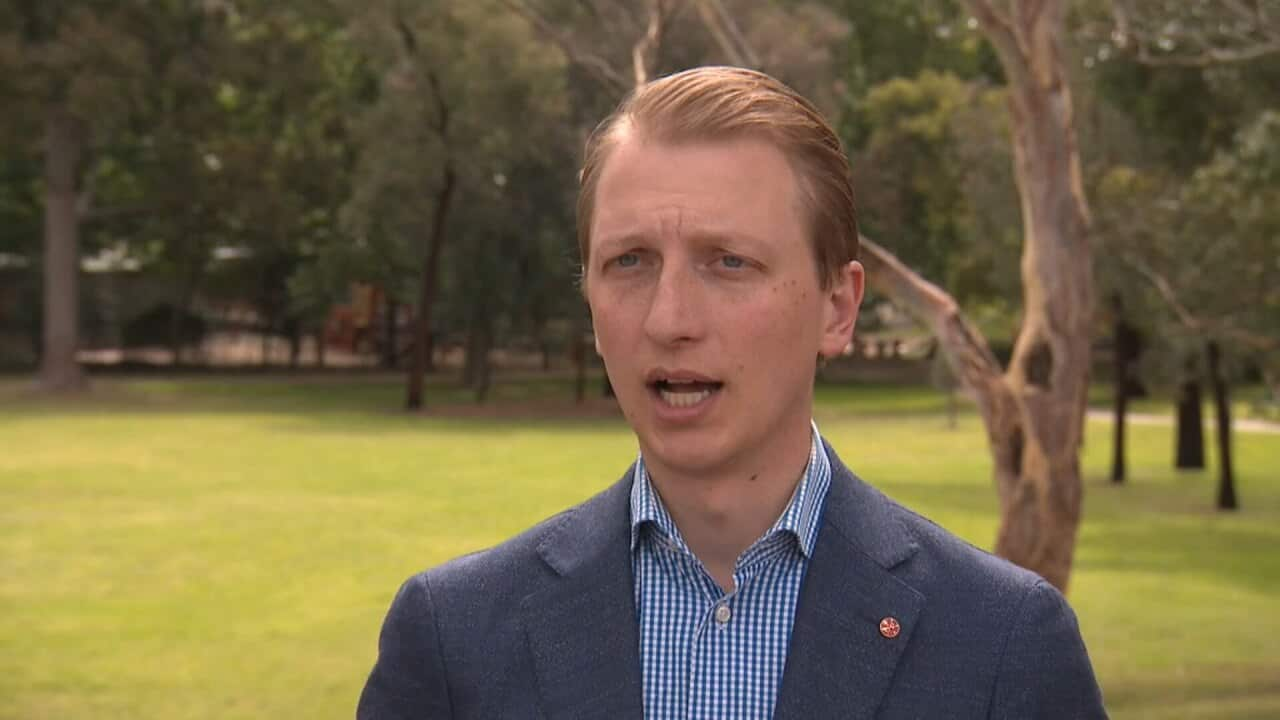Sarita Kaushik* is anxious as her employer has reduced her work hours by almost 70 per cent. She is a child care worker and works as a casual at a child care centre in Sydney.
“Almost all temporary visa workers have been stood down. I am a permanent resident, so I am getting two days’ work per week. But that’s not enough for me to pay my bills,” says Ms Kaushik.
Highlights:
- Under the JobKeeper Payment, businesses and not-for-profits impacted by the coronavirus outbreak will be able to access a wage subsidy from the Government.
- Affected employers will be able to claim payment of $1,500 per fortnight per eligible employee.
- Employees must be a resident for Australian tax purposes on 1 March 2020.
Sarita Kaushik was happy when the federal government announced Jobkeeper payment that would help her the fortnightly wages. However, her employer has not registered her for the payment yet.
“I don’t know. They are not telling us anything yet,” Ms Kaushik said.
What is Jobkeeper payment?
The Government has introduced a wage subsidy program to help businesses affected by the Coronavirus to cover the costs of their employees’ wages so that more employees can retain their job and continue to earn an income.
The JobKeeper Payment is a temporary scheme, also available to the self-employed where the Government will provide $1,500 per fortnight per employee for up to 6 months.
According to the fact sheet released by the government, businesses with a turnover of less than $1 billion will be eligible for the subsidy if their turnover has fallen by 30 per cent or more.
For a business with a turnover of $1 billion or more, a fall of 50 per cent or more in turnover is the threshold to apply for the subsidy.
Over 100,000 small businesses have already applied for the Jobkeeper wage subsidy; many are still considering.
Eligible employers who have stood down their employees before the commencement of this scheme will be able to participate. Employees that are re-engaged by a business that was their employer on 1 March 2020 will be eligible.
The subsidy will start on 30 March 2020, with the first payments to be received by employers in the first week of May.

Melbourne-based accountant and small business owner Amar Tiwari says, “The employer must pay those who have been stood down, at a minimum, $1,500 per fortnight before tax.
Mr Tiwari says casual workers working for over 12 months are eligible for the fortnightly payment.
He said, “The scheme clearly states that if an employee is working for 12 months or more for the same employer, she is eligible for the JobKeeper payment.”
“If an employee is denied the JobKeeper payment, a complaint can be lodged against the employer.”
This might interest you:

Can't pay rent due to job loss? Here's how to negotiate with landlord for rent relief
The federal government brought legislation on Wednesday to ensure employees get an average salary during the coronavirus crisis.
According to Attorney-General Christian Porter employers will legally be able to ask workers to take most of their leave while still receiving the $1500-a-fortnight job subsidy from the government.
However, employees must be left with two weeks’ leave.
Businesses will also be able to reduce workers’ hours under a new “JobKeeper enabling stand down.”
Who is eligible?
According to the fact sheet published by the treasury, workers will be able to receive this payment -
• If your employer pays you $1,500 or more in income per fortnight before tax, the JobKeeper Payment will assist your employer to continue operating by subsidising all or part of your income.
• If your employer would otherwise pay you less than $1,500 in income per fortnight before tax, your employer must pay you, at a minimum, $1,500 per fortnight before tax.
• If you have been stood down, your employer must pay you, at a minimum, $1,500 per fortnight before tax.
People in Australia must stay at least 1.5 metres away from others and gatherings are limited to two people unless you are with your family or household.
If you believe you may have contracted the virus, call your doctor, don’t visit, or contact the national Coronavirus Health Information Hotline on 1800 020 080.
If you are struggling to breathe or experiencing a medical emergency, call 000.






